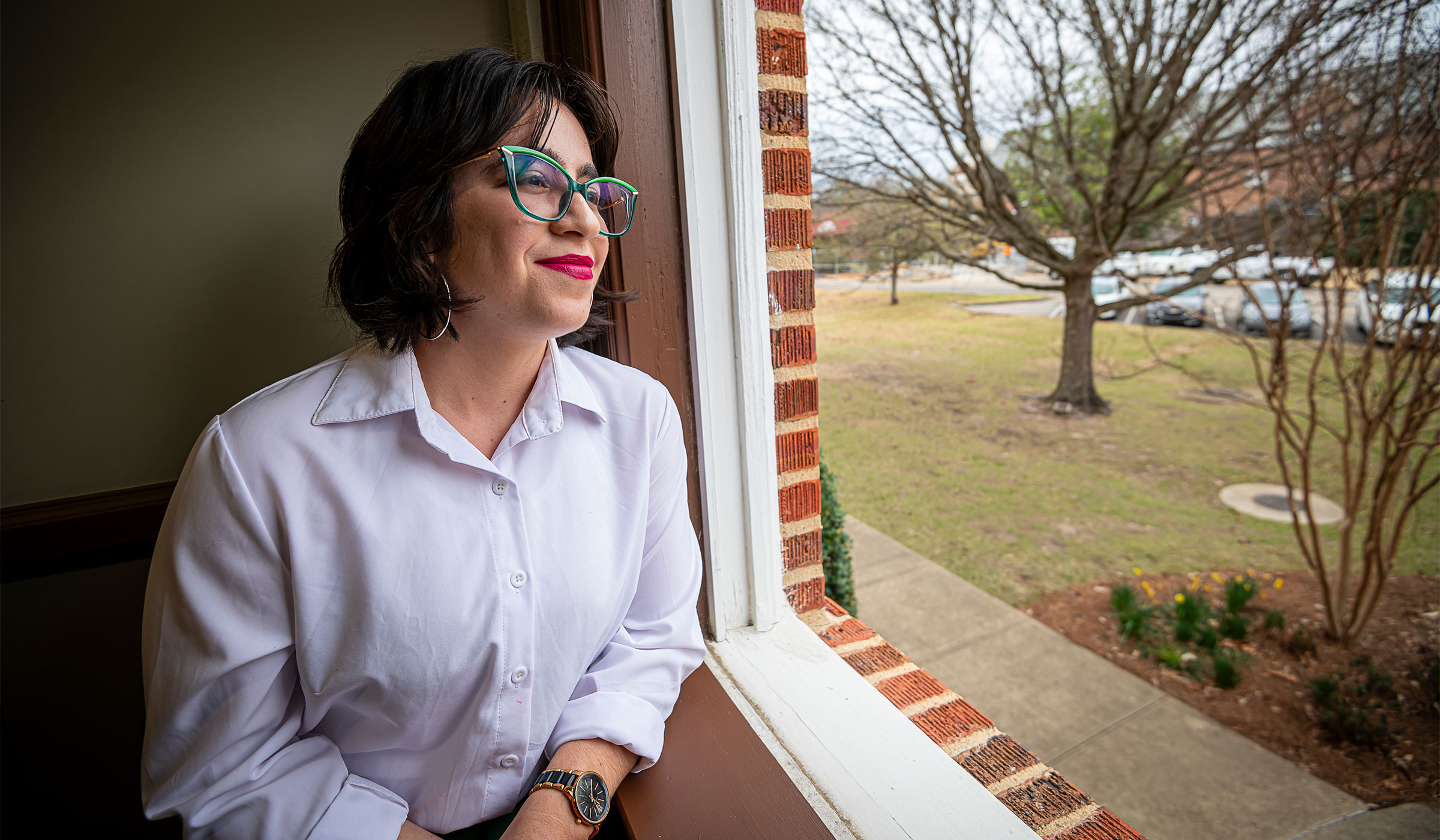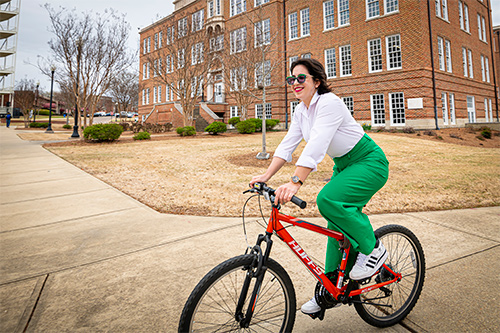Patricia Marie Cordero-Irizarry

Growing up in rural Puerto Rico, Patricia Marie Cordero-Irizarry was always interested in people’s connection to the natural world.
On her way to school in coastal Guayanilla, she saw plantain, pumpkin, tomato, peppers and coffee plantations as tractors chugged past. She saw firsthand the strength of Puerto Rico’s agricultural production.
Later, she learned about agriculture’s powerful effects on the environment, Puerto Rico’s food insecurity and how 80% of its food is imported. Cordero-Irizarry decided to study agricultural science to change her surroundings for the better.
“I wanted to do something about it, because we have all the resources and adequate conditions to be able to produce food to supply the island’s demand,” Cordero-Irizarry said. “The fact that we have to bring so much food from outside—to me, that was a concern.”
Her first step toward making a positive impact was earning a bachelor’s degree in crop protection from the University of Puerto Rico at Mayagüez, where she also minored in professional and practical ethics. After obtaining a master’s degree in environment and natural resources with a focus on soil science from Ohio State University, she was recruited to attend Mississippi State University for a doctoral degree in agriculture education and extension by Kirk Swortzel, a graduate coordinator and professor in MSU’s School of Human Sciences.
Given her passion for agricultural extension services, Swortzel sensed Cordero-Irizarry would be a perfect fit.
“When I was earning my master’s, I realized there was a lot of literature available about soil science—especially on soil conservation—but the general public wasn’t aware of it,” Cordero-Irizarry said. “I was interested in how I could transfer all that information to the public—to both the farmer and consumer.”

Cordero-Irizarry is often seen on her orange bicycle traversing campus as she collaborates with multiple MSU faculty on projects within the agricultural and extension education major. One of these educates Mississippi youth on microgreens—small plants loaded with flavor and nutritional value—through the 4-H Extension program.
“The idea is to bridge the gap between students and where their food comes from. As each generation grows up, they move farther and farther away from farms—most of the kids live in cities. The goal is to bring the farm into the classroom,” Cordero-Irizarry said.
Cordero-Irizarry’s recent dissertation work has brought her a little closer to home. In interdisciplinary research combining ethics, philosophy and soil science, she is identifying the ethical norms guiding Puerto Rican coffee farmers to adopt soil conservation practices.
“When your farm is in the middle of the mountains and is only accessible by dirt road, you may not have internet or a close neighbor. How do you address soil conservation? And the question is, is that even on your radar? Also, coffee is a historically and culturally significant crop in Puerto Rico, so I’d like to do my part to help these farmers,” she said.
Despite coffee’s significance in Puerto Rico, international competition, rising labor costs and negative environmental conditions have contributed to a decline in the number of coffee farms on the island. Cordero-Irizarry’s research hopes to contribute to the preservation of coffee production in Puerto Rico.
With lots of options to consider, Cordero-Irizarry isn’t settled on her post-doctoral plans. She’s considering returning to Puerto Rico to work in the local agricultural extension service, applying for a faculty position in the U.S. or pursuing her dream of starting a farm back in Puerto Rico—or a combination of all three.
“I think it’s important for grad students to know that they don’t need a plan once they finish,” Cordero-Irizarry said. “I have a lot of confidence that when I leave Mississippi State, I’ll have the skills I need to succeed and know what I’m able to offer the world. Those plans were already on my radar before coming here, but now I feel more secure about them becoming reality.”